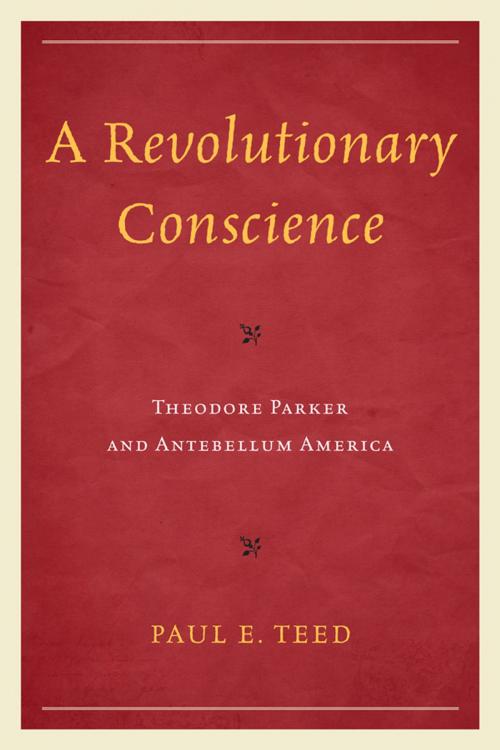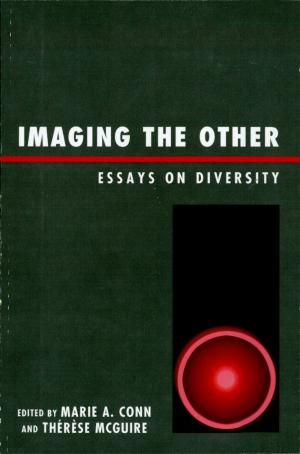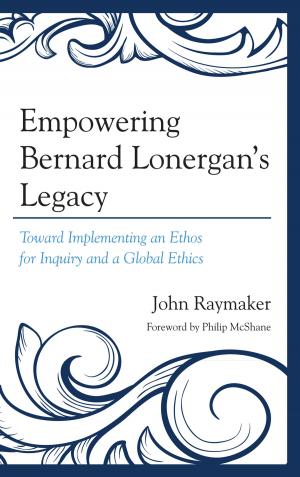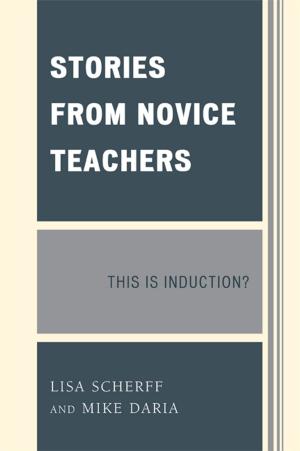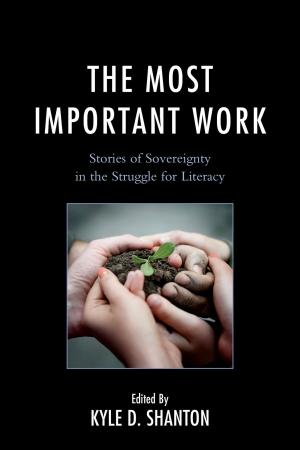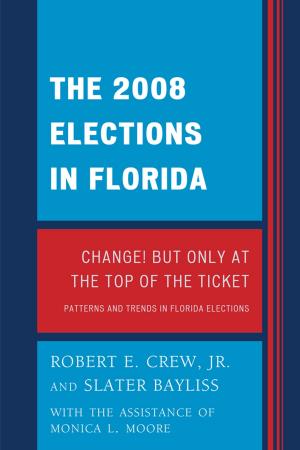A Revolutionary Conscience
Theodore Parker and Antebellum America
Nonfiction, Social & Cultural Studies, Social Science, Sociology, Marriage & Family, Religion & Spirituality, Christianity, Church, Church & State, History, Americas, United States, Civil War Period (1850-1877)| Author: | Paul E. Teed | ISBN: | 9780761859642 |
| Publisher: | UPA | Publication: | August 16, 2012 |
| Imprint: | UPA | Language: | English |
| Author: | Paul E. Teed |
| ISBN: | 9780761859642 |
| Publisher: | UPA |
| Publication: | August 16, 2012 |
| Imprint: | UPA |
| Language: | English |
Theodore Parker was one of the most controversial theologians and social activists in pre-Civil War America. A vocal critic of traditional Christian thought and a militant opponent of American slavery, he led a huge congregation of religious dissenters in the very heart of Boston, Massachusetts, during the 1840s and 1850s. This book argues that Parker’s radical vision and contemporary appeal stemmed from his abiding faith in the human conscience and in the principles of the American revolutionary tradition. A leading figure in Boston’s resistance to the Fugitive Slave Law, Parker became a key supporter of John Brown’s dramatic but ill-fated raid on Harper’s Ferry in 1859. Propelled by a revolutionary conscience, Theodore Parker stood out as one of the most fearless religious reformers and social activists of his generation.
Theodore Parker was one of the most controversial theologians and social activists in pre-Civil War America. A vocal critic of traditional Christian thought and a militant opponent of American slavery, he led a huge congregation of religious dissenters in the very heart of Boston, Massachusetts, during the 1840s and 1850s. This book argues that Parker’s radical vision and contemporary appeal stemmed from his abiding faith in the human conscience and in the principles of the American revolutionary tradition. A leading figure in Boston’s resistance to the Fugitive Slave Law, Parker became a key supporter of John Brown’s dramatic but ill-fated raid on Harper’s Ferry in 1859. Propelled by a revolutionary conscience, Theodore Parker stood out as one of the most fearless religious reformers and social activists of his generation.
